
AllQuestion and Answers: Page 1199
Question Number 97314 Answers: 0 Comments: 0

Question Number 97307 Answers: 2 Comments: 2

Question Number 97306 Answers: 0 Comments: 2
Question Number 97305 Answers: 1 Comments: 0

Question Number 97303 Answers: 0 Comments: 0
Question Number 97283 Answers: 0 Comments: 0
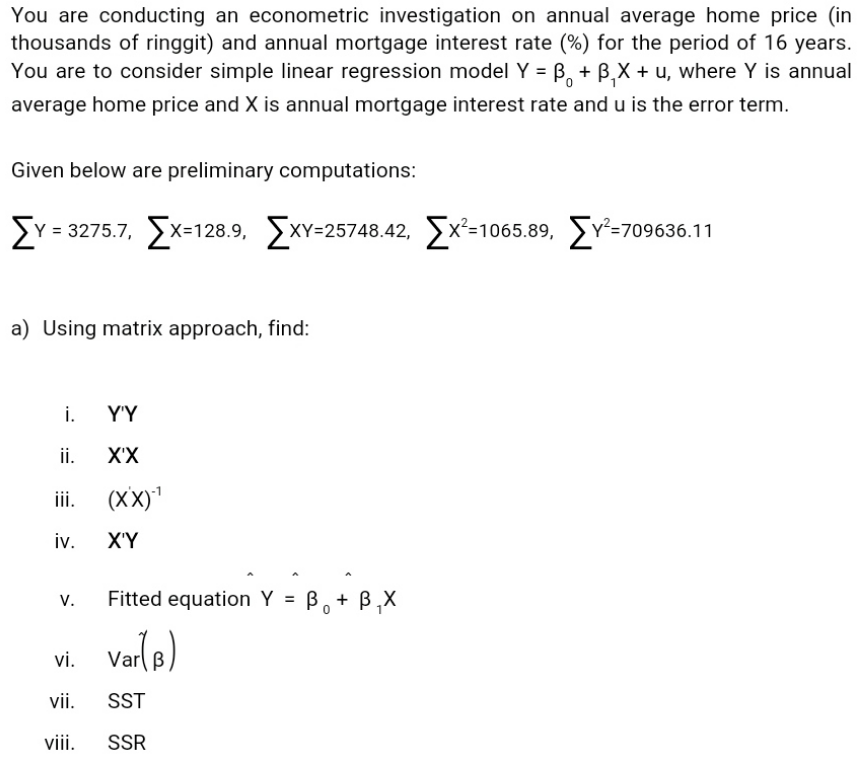
Question Number 97275 Answers: 1 Comments: 14
Question Number 97272 Answers: 0 Comments: 0

Question Number 97271 Answers: 1 Comments: 2
Question Number 97270 Answers: 1 Comments: 3
Question Number 97250 Answers: 1 Comments: 0

Question Number 97239 Answers: 0 Comments: 3
$$\int\:\frac{\mathrm{sec}\:^{\mathrm{3}} {x}\:{dx}}{\sqrt{\mathrm{tan}\:{x}}}\:?\: \\ $$
Question Number 97238 Answers: 0 Comments: 1

Question Number 97236 Answers: 3 Comments: 3
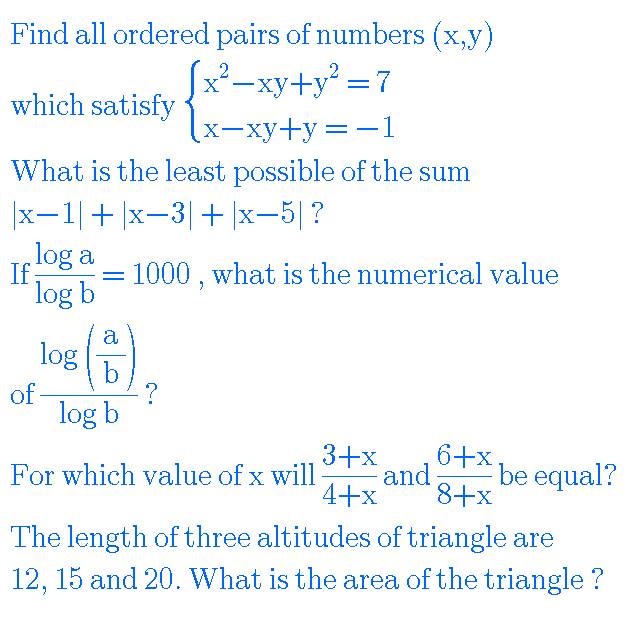
Question Number 97235 Answers: 1 Comments: 0
Question Number 97231 Answers: 0 Comments: 0
Question Number 97230 Answers: 2 Comments: 0
Question Number 97227 Answers: 2 Comments: 1

Question Number 97226 Answers: 0 Comments: 0
Question Number 97218 Answers: 2 Comments: 0
Question Number 97206 Answers: 2 Comments: 0
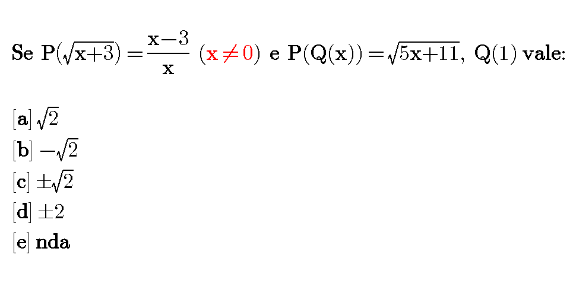
Question Number 97200 Answers: 0 Comments: 8
Question Number 97199 Answers: 1 Comments: 0
Question Number 97192 Answers: 1 Comments: 4
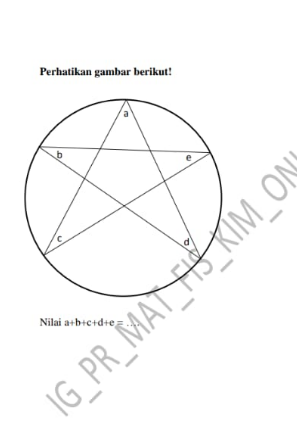
Question Number 97189 Answers: 0 Comments: 0
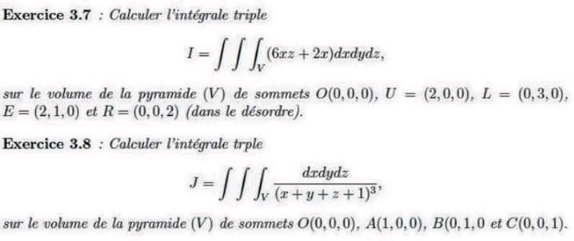
Question Number 97182 Answers: 0 Comments: 0

Pg 1194 Pg 1195 Pg 1196 Pg 1197 Pg 1198 Pg 1199 Pg 1200 Pg 1201 Pg 1202 Pg 1203
